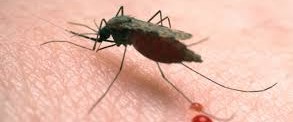One half of pregnant women in Africa are living in endemic areas where 50 million women become pregnant annually in the same area each year. The outcome of pregnancy related with prematurity, severe maternal anaemia and low birth weight result in 10,000 women and 200,000 infants death of malaria infection.
Most of the studies evaluating the effect of malaria on pregnancy have been mainly conducted in stable transmission areas of sub-Saharan Africa, where P. falciparum is widespread. Few studies have evaluated the effect of malaria on pregnancy in areas of unstable transmission and quantified the burden of P. vivax.
Objective To investigate the incidence and effect of malaria on pregnancy and foetal outcome among pregnant women in AdamiTullu district where malaria transmission is unstable and P. vivax co-exists with P. falciparum.
Methods A prospective community based cohort study will be conducted in AdamiTullu district. The sample size calculated based on primary outcome. Pregnant women in randomly selected clusters will be identified, and base line data including socio demographic, last menstrual date, garavida, parity, previous history of preterm birth and low birth weight will be collected. Data of obstetric ultrasound evaluation and blood samples for hemogloin and malaria infection including anthropometric measurements of pregnant mother will be collected at the baseline and follow up visits. The selected pregnant women will then be followed throughout pregnancy until delivery. The foetal growth will be monitored using mobile obstetric ultrasound and foetal weight will be calculated against gestational age during pregnancy and weight of baby will be taken at birth.
